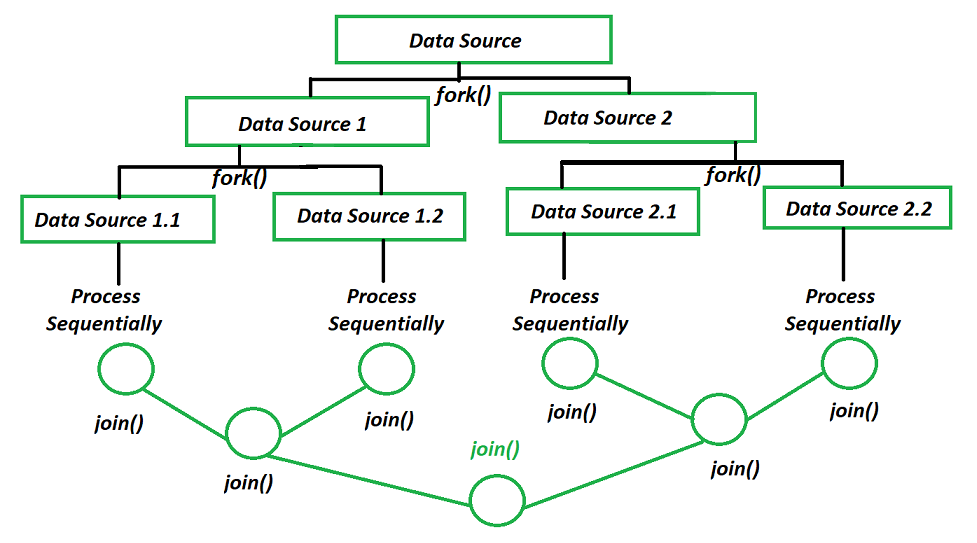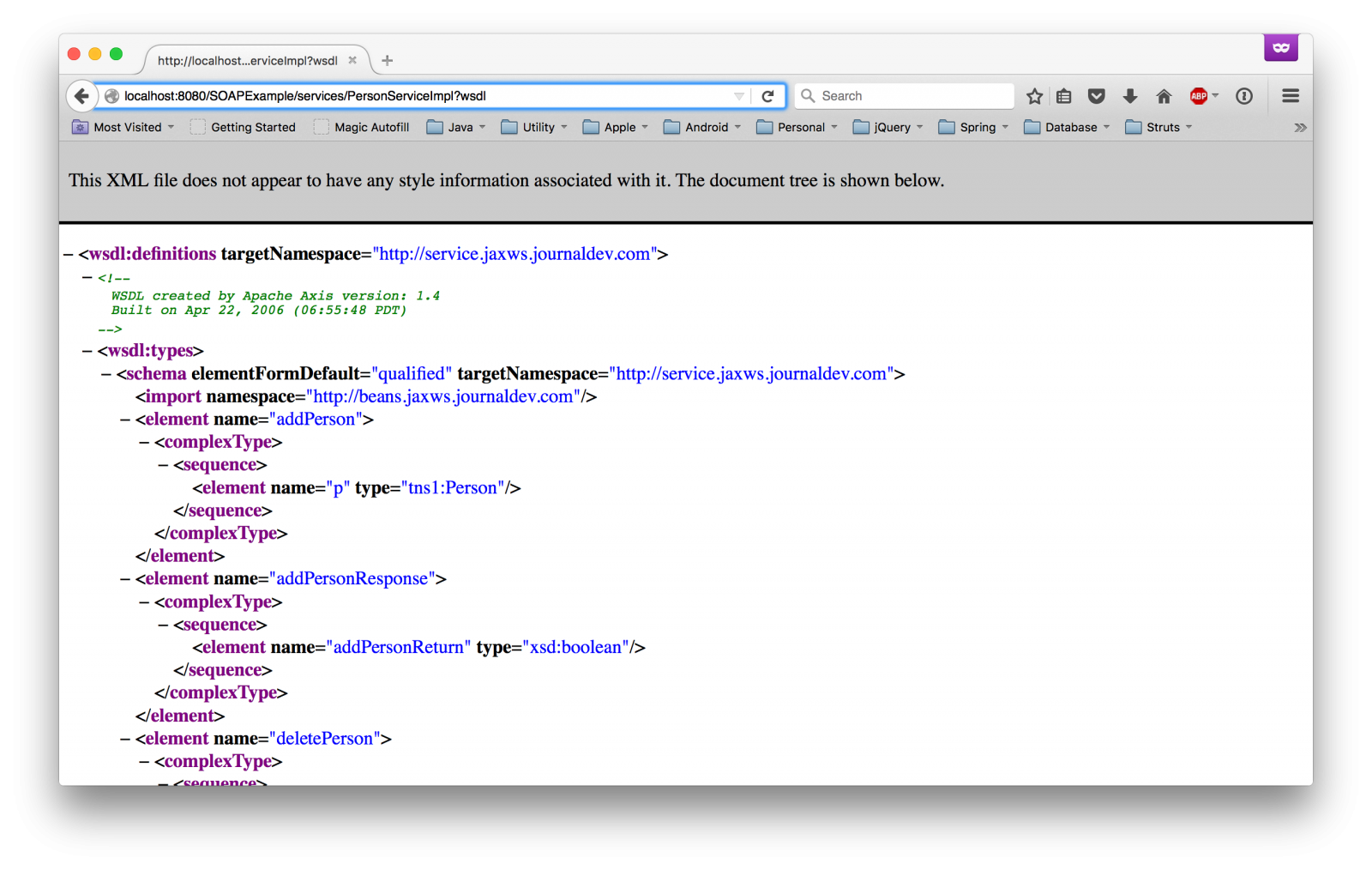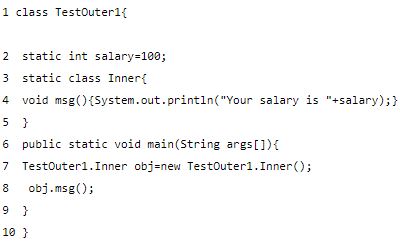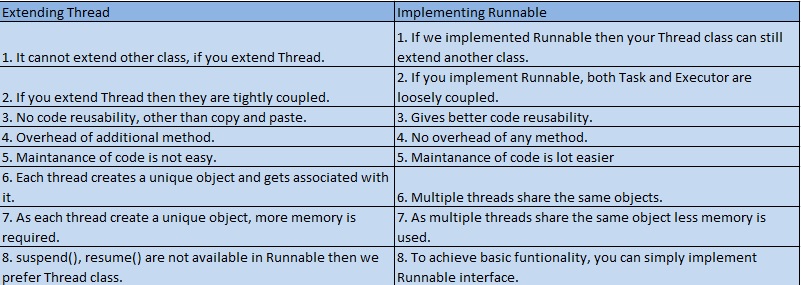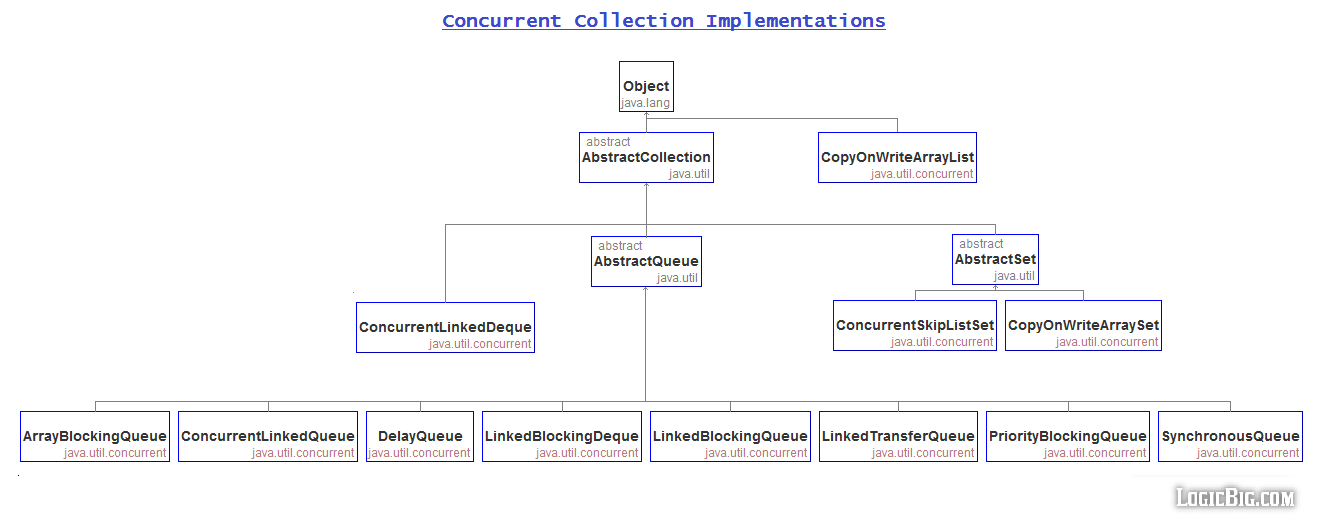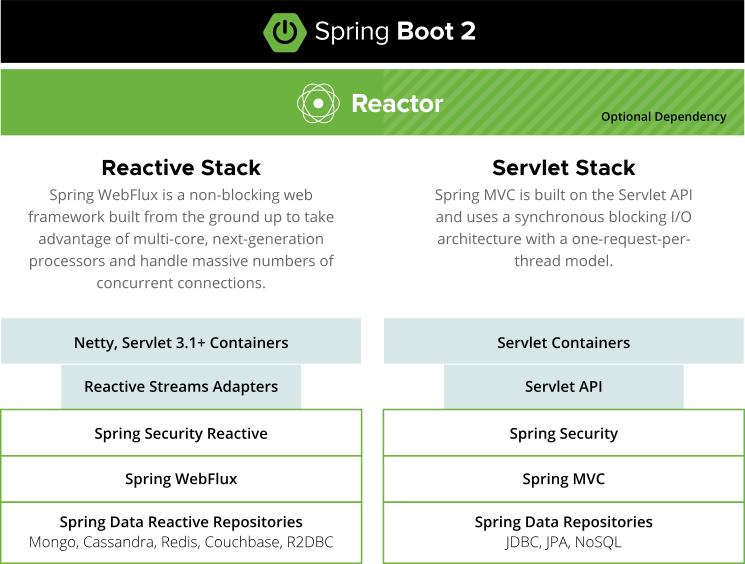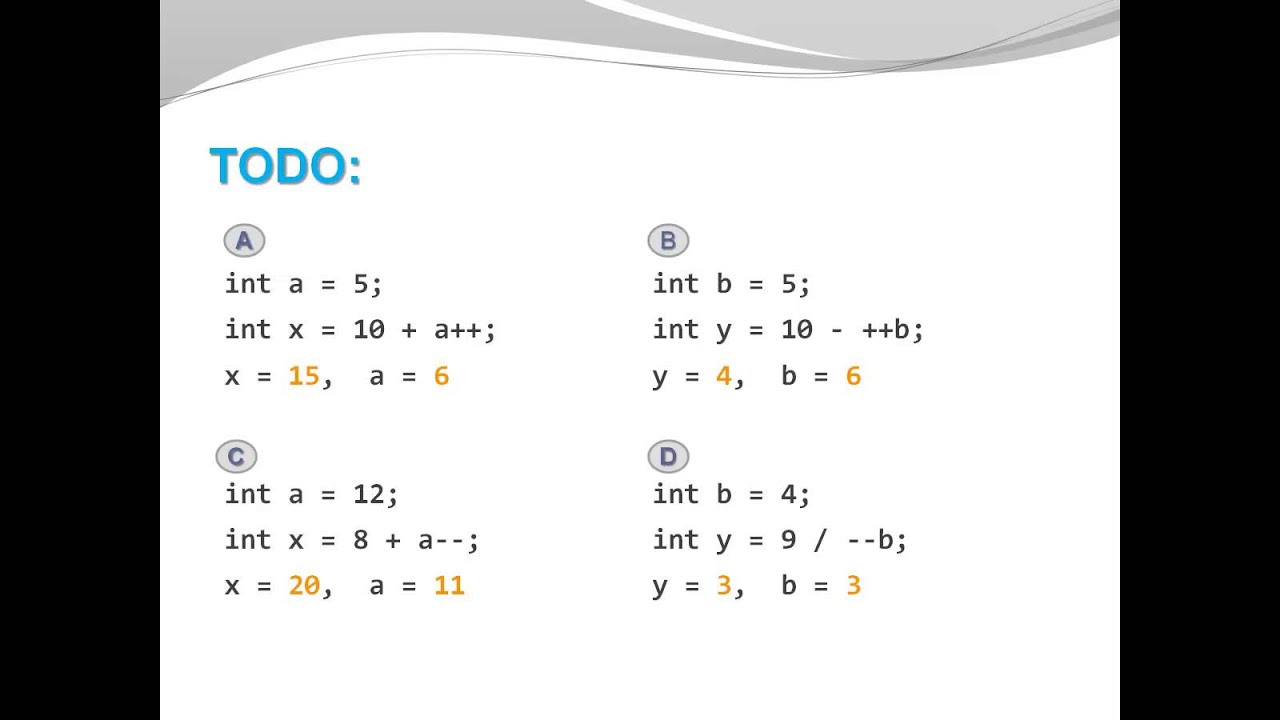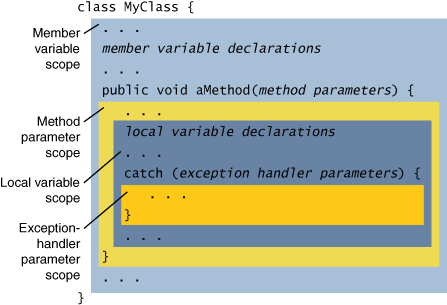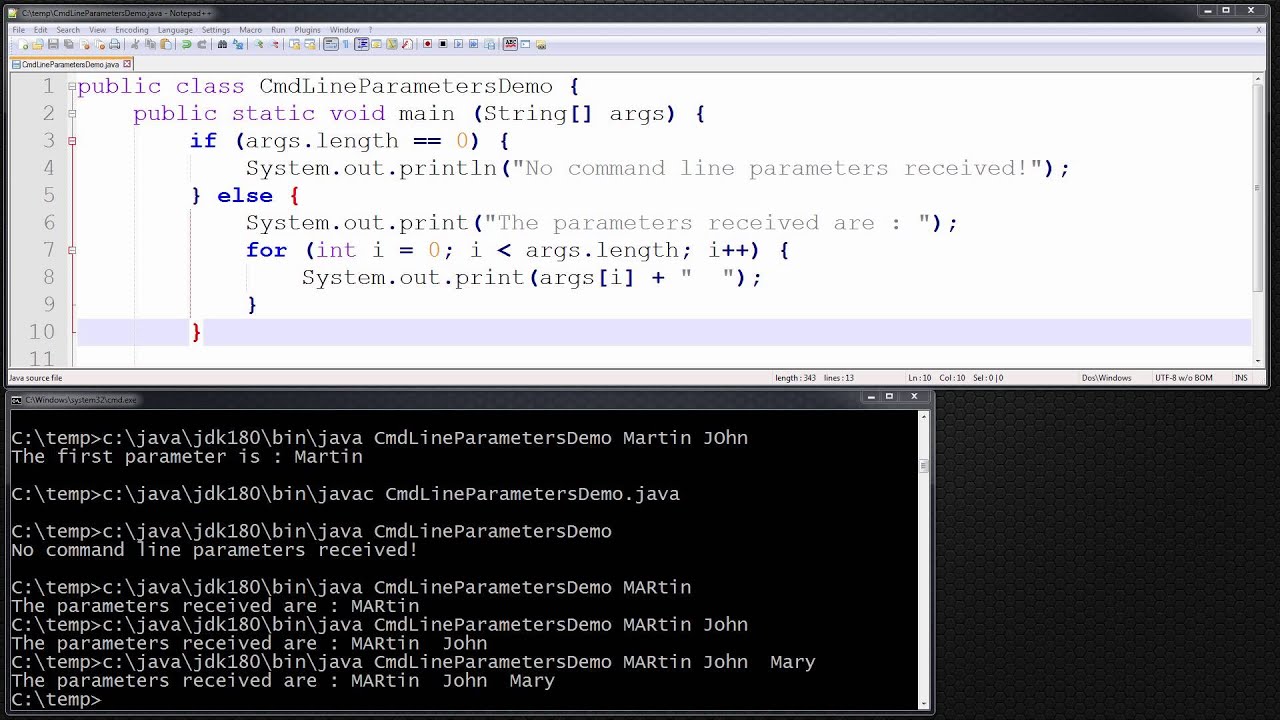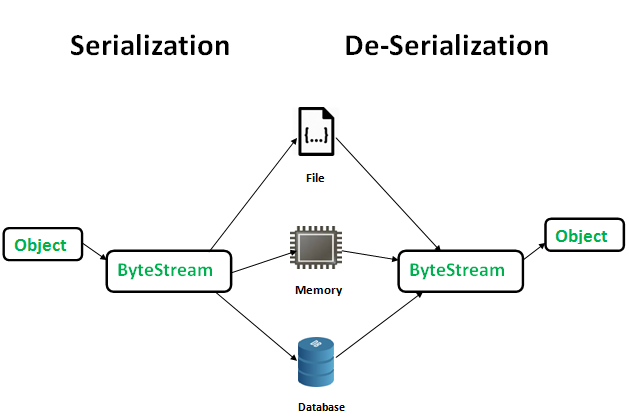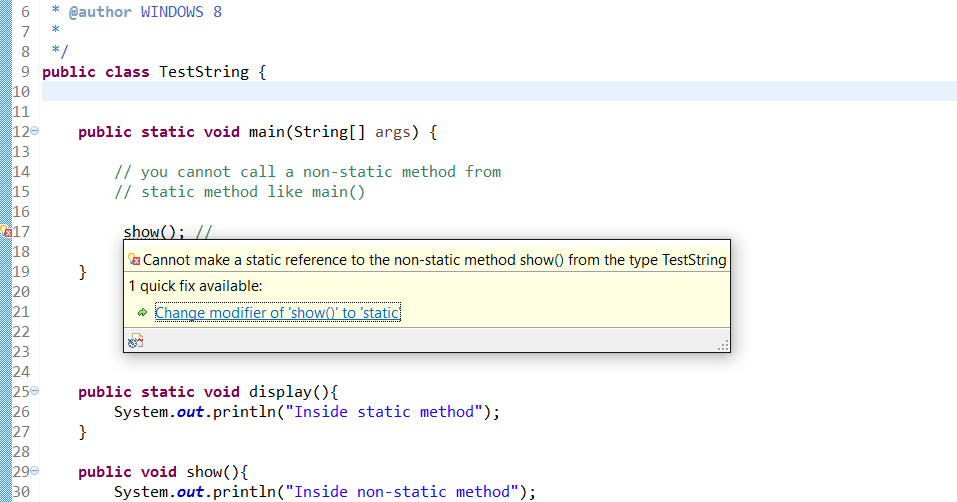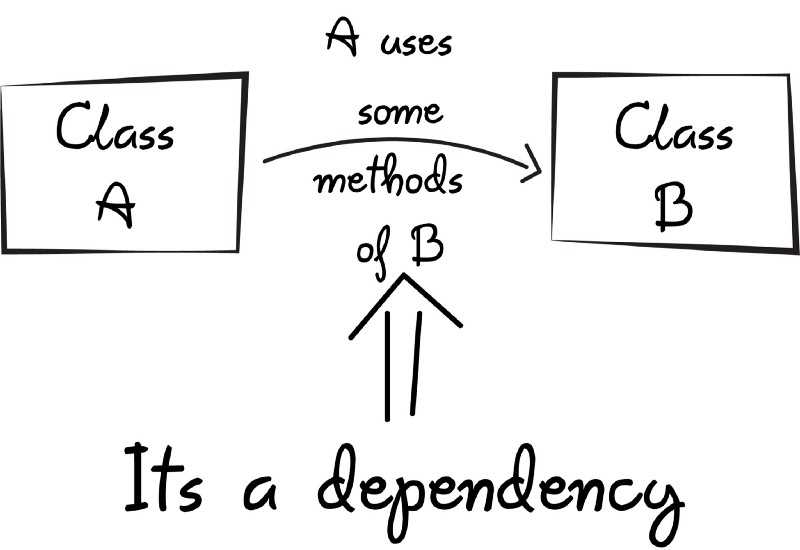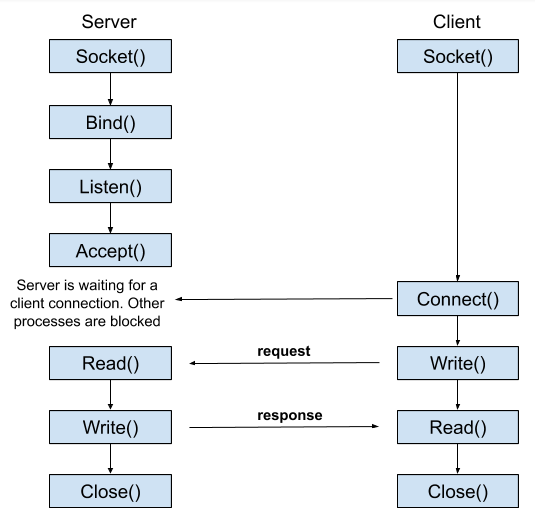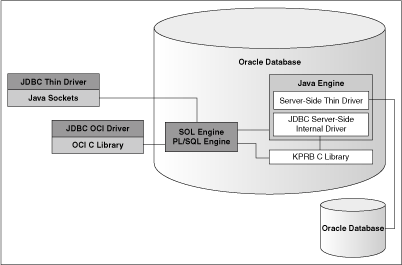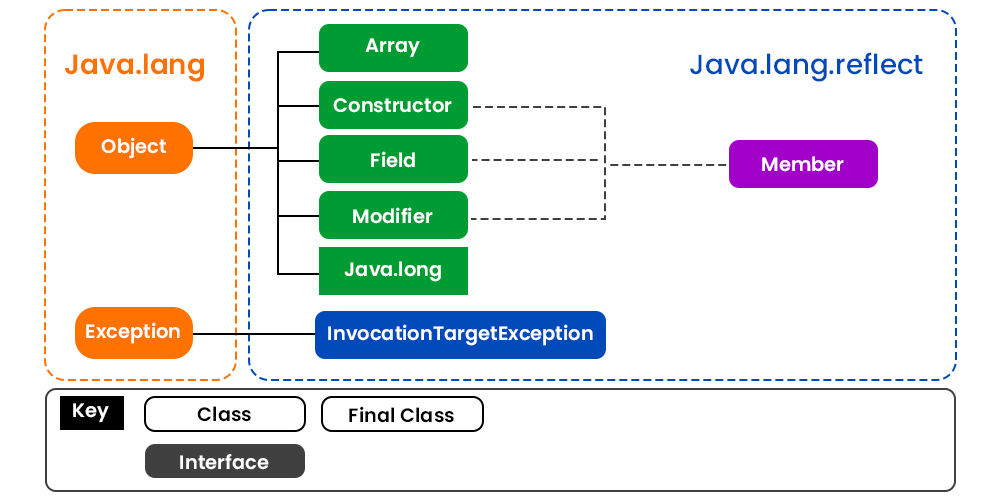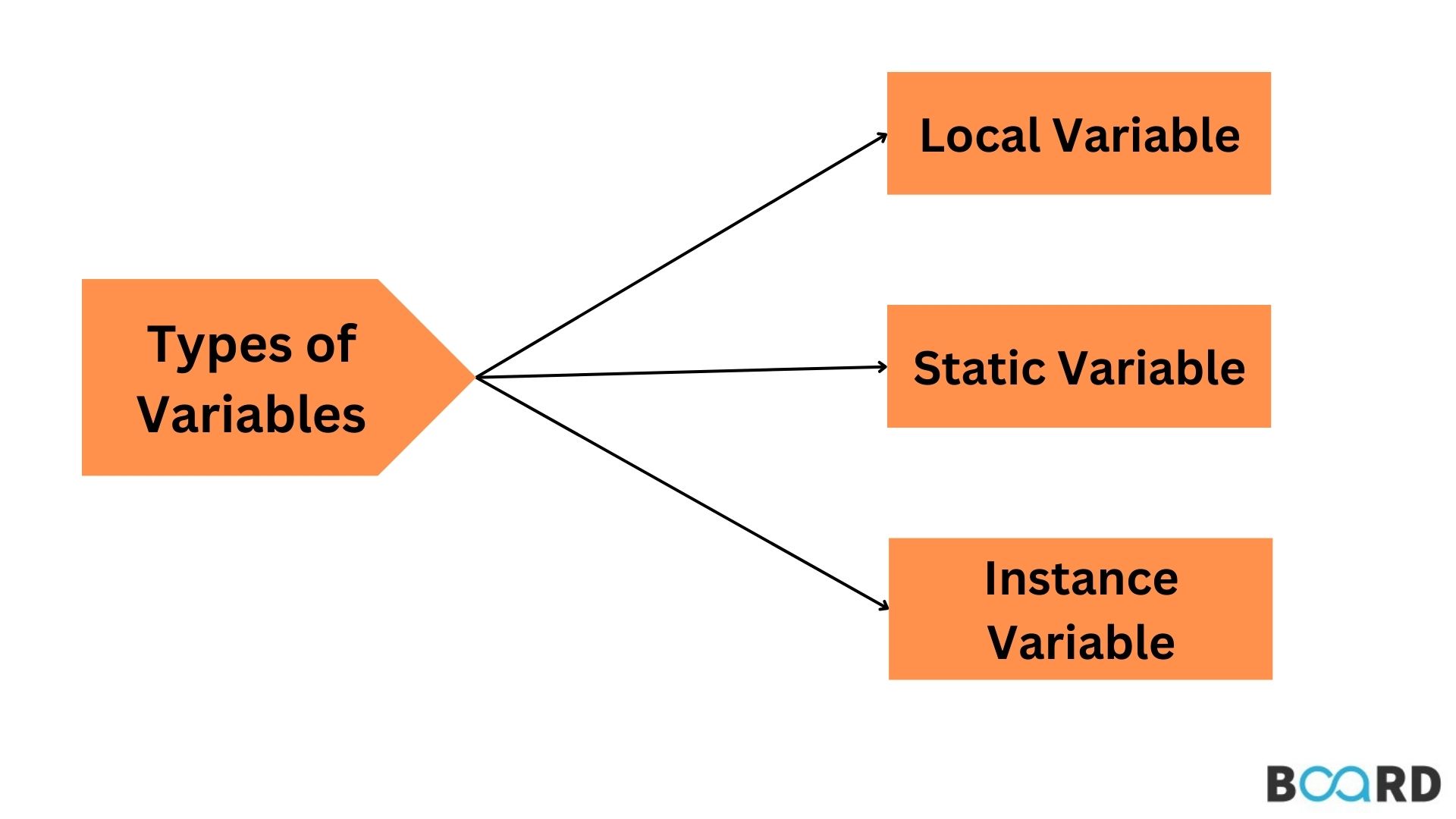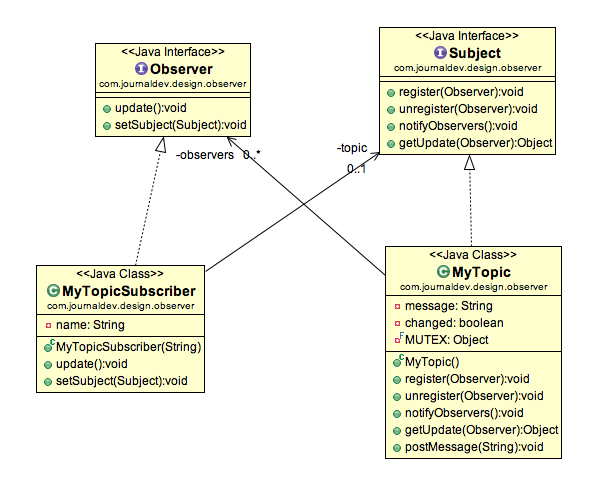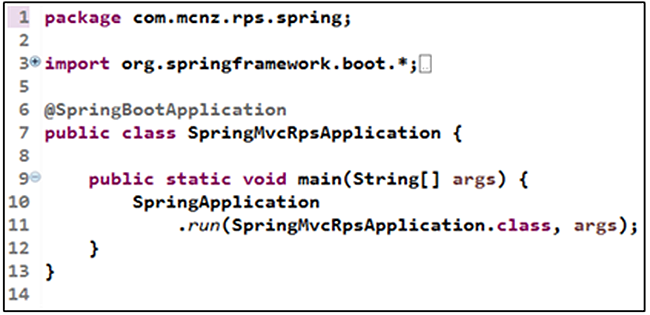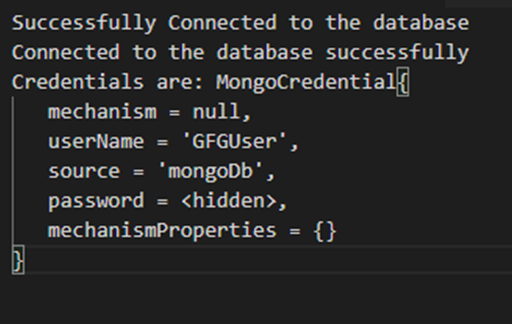What is the conditional && || operator in Java?
What is the conditional && || operator in Java?
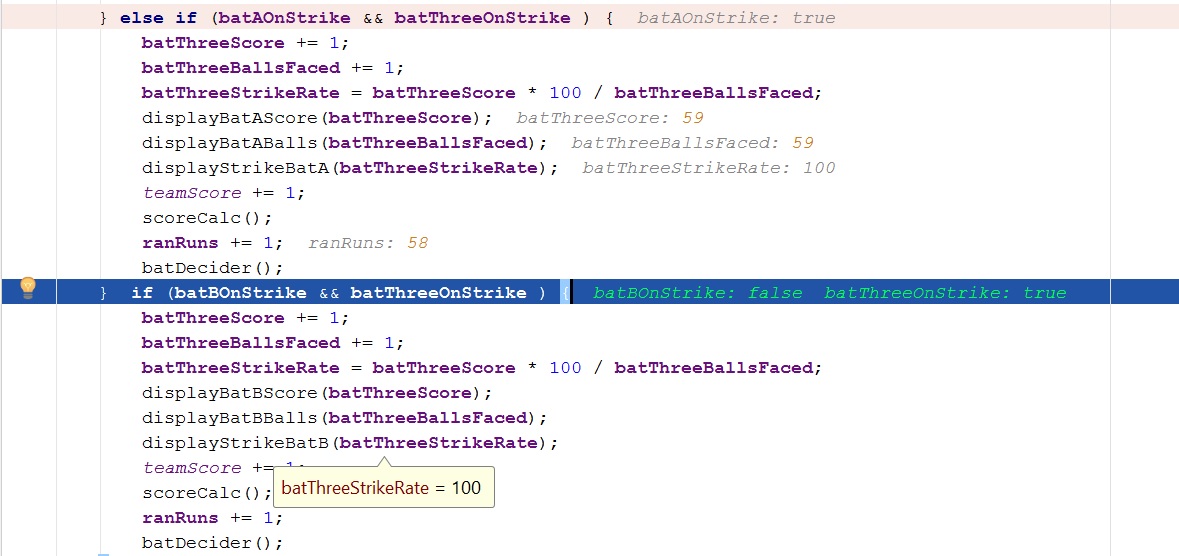
I'd be happy to explain the conditional && and || operators in Java.
In Java, the conditional AND (&&) and OR (||) operators are used to combine two conditions in a single statement. These operators are called logical operators because they work with boolean values (true or false).
The && operator is known as the "conditional AND" or "logical AND". It evaluates both conditions on either side of it and returns true only if both conditions are true.
Here's an example:
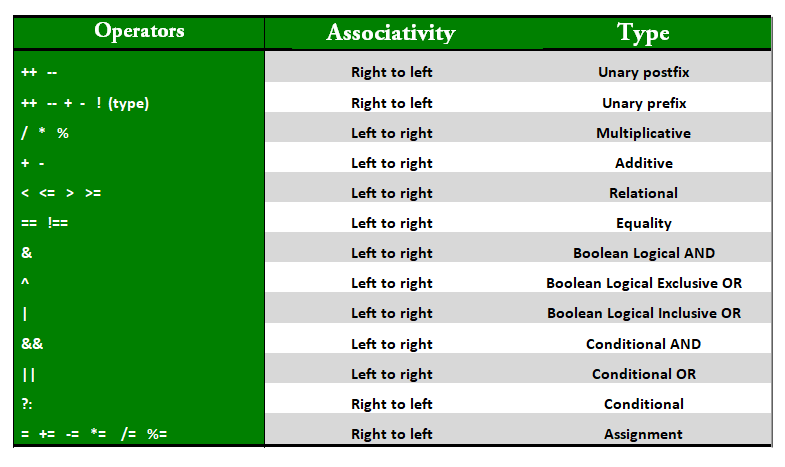
int x = 5, y = 10;
if(x > 3 && y > 8) {
System.out.println("Both conditions are true");
} else {
System.out.println("At least one condition is false");
}
In this example, the program checks if both conditions (x > 3 and y > 8) are true. If they are, it prints "Both conditions are true". Otherwise, it prints "At least one condition is false".
The || operator is known as the "conditional OR" or "logical OR". It evaluates both conditions on either side of it and returns true if at least one condition is true.
Here's an example:
int x = 5, y = 10;
if(x > 3 || y > 8) {
System.out.println("At least one condition is true");
} else {
System.out.println("Both conditions are false");
}
In this example, the program checks if at least one condition (x > 3 or y > 8) is true. If either condition is true, it prints "At least one condition is true". Otherwise, it prints "Both conditions are false".
It's important to note that in Java, the && and || operators have a higher precedence than the assignment operator (=), so you may need to use parentheses if you're chaining multiple operations together.
For example:
int x = 5;
if((x > 3) && (y > 8)) {
System.out.println("Both conditions are true");
} else {
System.out.println("At least one condition is false");
}
In this example, the program checks if both conditions (x > 3 and y > 8) are true. If they are, it prints "Both conditions are true". Otherwise, it prints "At least one condition is false".
I hope this helps you understand the conditional && and || operators in Java! Let me know if you have any questions or need further clarification.
What are conditional operators in Java?
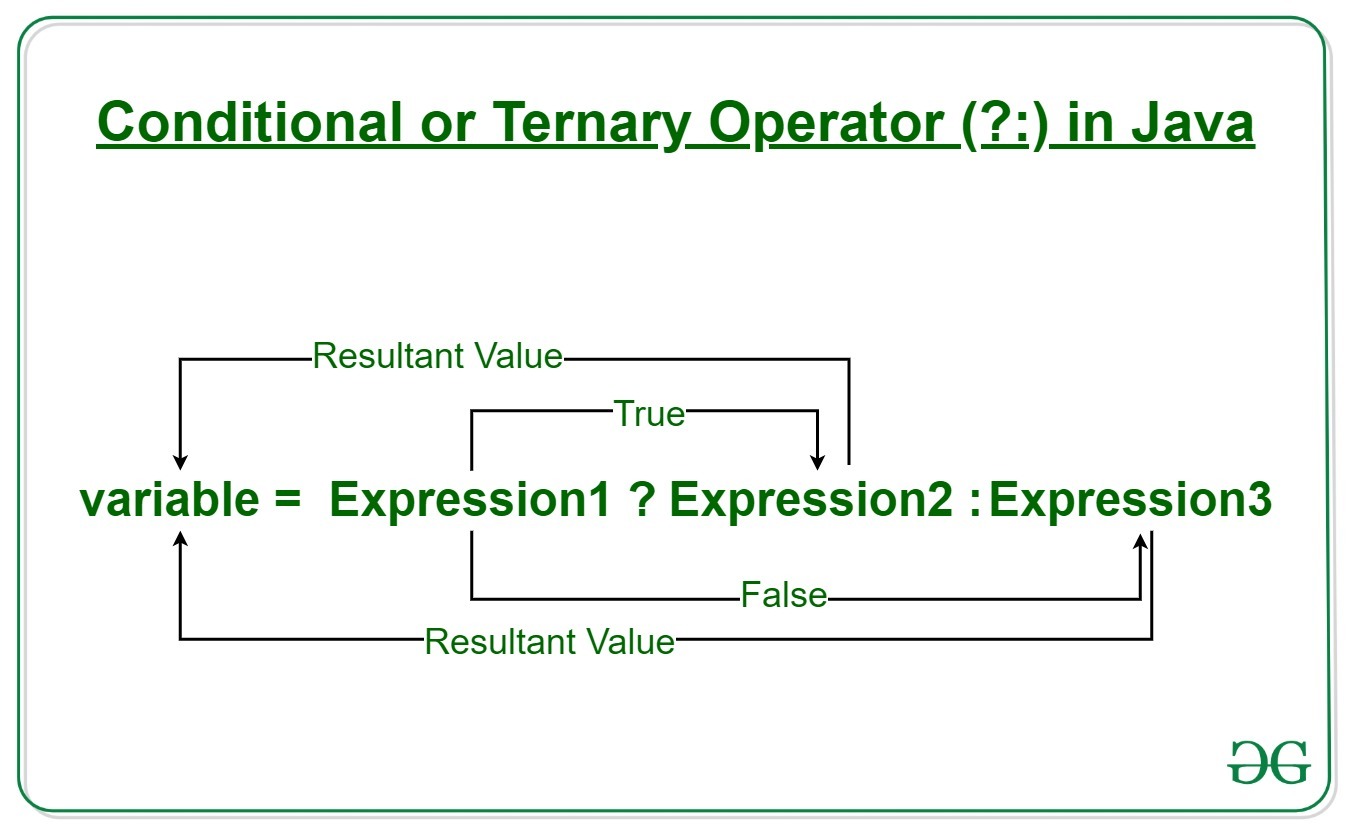
I'd be happy to explain conditional operators in Java!
Conditional operators are a type of operator that allows you to perform different actions based on specific conditions or criteria. In Java, there are several types of conditional operators that can help control the flow of your program.
If-else statement
One of the most common conditional operators is the if-else statement. It's used to execute different blocks of code based on a condition:
if (condition) {
// do something if condition is true
} else {
// do something if condition is false
}
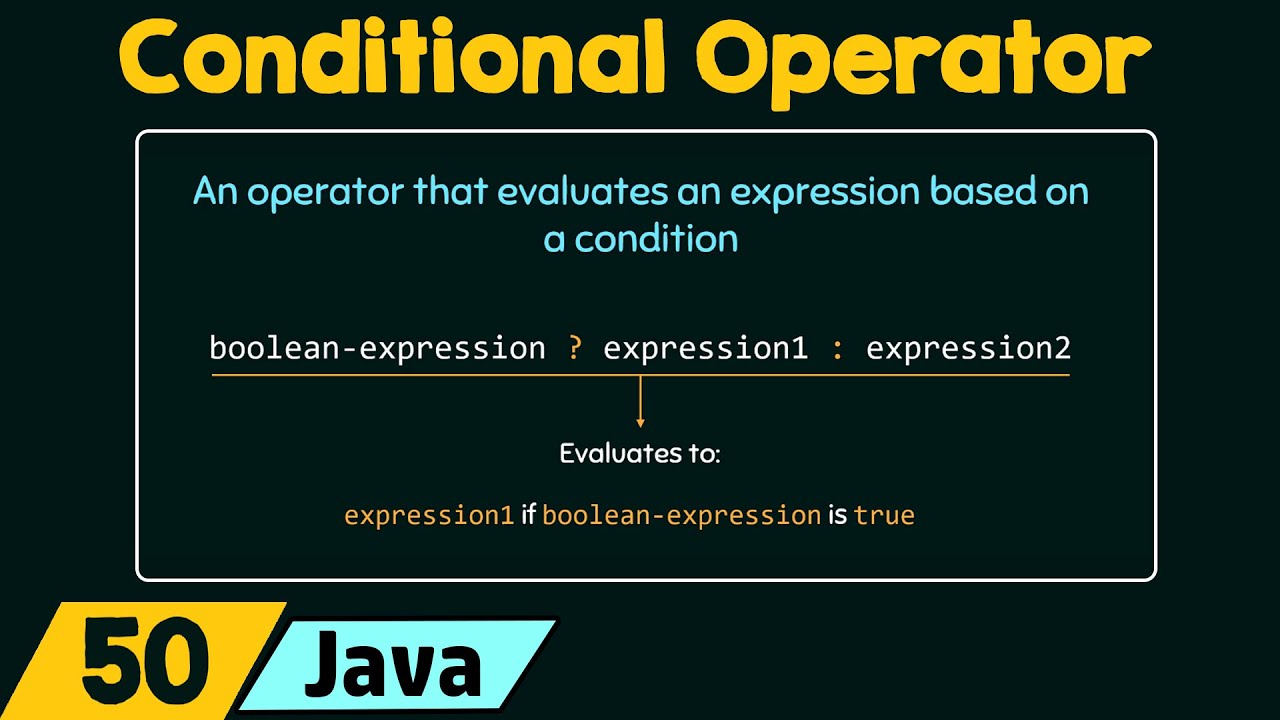
In this example, condition can be any valid Java expression that evaluates to either true or false. The if statement will execute the code within the block if the condition is true; otherwise, it will execute the code in the else block.
Switch statement
Another type of conditional operator is the switch statement:
switch (expression) {
case value1:
// do something for value1
break;
case value2:
// do something for value2
break;
default:
// do something if none of the above conditions match
break;
}
In this example, expression is evaluated, and its result is matched against each case. If a match is found, the corresponding code block is executed.
Ternary operator
The ternary operator is a shorthand way to write simple if-else statements:
result = (condition) ? value1 : value2;
In this example, condition is evaluated, and if it's true, the result will be value1; otherwise, it will be value2.
Logical operators
Java also provides logical operators (&&, ||, and `!) for combining conditions. These operators can be used in conditional statements:
if (a > 0 && b > 0) {
// do something if both a and b are greater than 0
} else if (c == 5 || d == 10) {
// do something if c is 5 or d is 10
}
Conditional operator
The conditional operator (?:) is another type of conditional statement:
int x = 5;
String str = (x > 0) ? "Positive" : "Negative";
System.out.println(str); // prints "Positive"
In this example, the conditional expression (x > 0) evaluates to a boolean value. If it's true, the result will be "Positive"; otherwise, it will be "Negative".
Short-circuit evaluation
It's important to note that Java uses short-circuit evaluation for conditional statements. This means that if the condition in an if statement is false, the code within the block won't be executed. Similarly, if the condition in a ternary operator is true, the second value won't be evaluated.
Conclusion
In summary, conditional operators are essential tools in Java programming that allow you to control the flow of your program based on specific conditions or criteria. They include if-else statements, switch statements, ternary operators, logical operators, and conditional operators. By mastering these operators, you can write more efficient, readable, and maintainable code.
